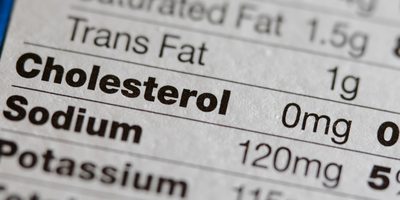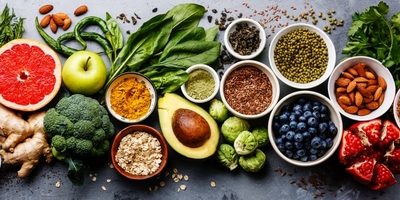Collecting reliable and accurate information on what people eat is essential to monitoring the quality of the diet at a population level and to make meaningful recommendations to improve health.
While there are different ways of doing this, most rely on people’s ability to remember and report what they have eaten, so there is definitely some room for error.
More accurate methods of estimating energy intake do exist - such as measuring how much energy the body is burning up using water labelled with 'marker isotopes' – but they are often cost prohibitive.
To see just how accurately energy intake is reported and whether this differs between men and women, George Institute researchers combed the scientific literature to find studies that compared self-reported energy intakes with energy expenditure using the labelled water method.
31 studies were included in the systematic review and meta-analysis. These studies used a range of different self-report methods, which require participants to recall what they had eaten over different time periods, to collect self-reported dietary intake data.
“We found that overall, both women and men significantly underestimate total energy intake across the different dietary assessment methods used,” said lead author and PhD Candidate Briar McKenzie.
“Although it appeared that 24-hour diet recalls supplemented with photos of foods and drinks consumed were more accurate, there were only two studies that used this method, so while promising, this was not conclusive.”
While previous research has suggested that perhaps women might underestimate energy intake to a greater extent than men, no significant differences were identified based on sex in this study.
“Poor diets account for a quarter of all deaths globally and the burden of diet-related disease is increasing, so accurate monitoring at a population level is crucial to addressing this burgeoning threat to public health,” Briar added.
“Our study suggests that the limitations of dietary recall methods need to be accounted for when investigating sex and gender differences in diet-disease relationships, particularly those that inform nutrition guidelines and policies.”
Link to study - https://academic.oup.com/ajcn/advance-article/doi/10.1093/ajcn/nqaa370/…




















